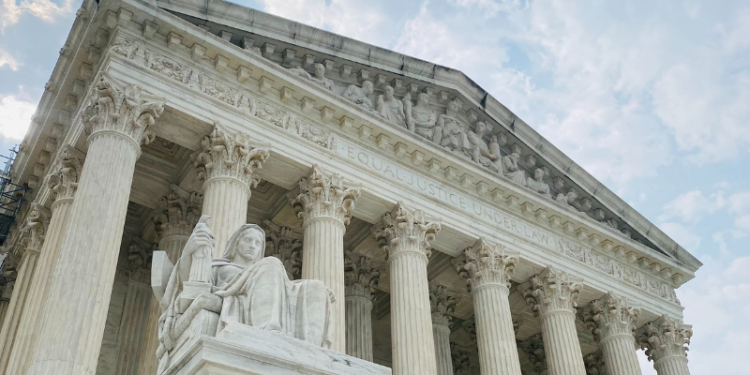The United States Supreme Court declined to review a challenge to race-neutral admissions policies used by three prestigious Boston high schools, leaving in place a lower court’s decision upholding the policies on Monday, December 9th. The case arose after Boston public schools revised their admissions criteria in 2020 to allocate seats based on geographic zip codes, aiming to increase racial and economic diversity amid the COVID-19 pandemic. The revised policy replaced a previous model that relied on standardized tests and grades.
The challenge was brought by the Boston Parent Coalition for Academic Excellence on behalf of Asian American and White students, who argued that the new criteria unfairly reduced their representation. Under the revised policy, the proportion of White and Asian students admitted dropped from 61% to 49%. Critics claimed the policy violated the equal protection clause of the 14th Amendment, accusing the district of intentionally targeting disfavored racial groups.
Boston public schools defended the policy as race-neutral, emphasizing that it relied on geographic and socio-economic factors rather than race. The school district also noted that the policy was only temporary and has since been replaced with a new admissions framework based on grades, standardized test performance, and census tracts. A federal district court ruled in favor of the schools, finding no discriminatory intent, and the decision was upheld by the 1st Circuit Court of Appeals.
Justices Samuel Alito and Clarence Thomas dissented from the Supreme Court’s decision not to hear the case. Alito warned that the refusal to intervene could embolden schools to continue implementing policies that indirectly prioritize race. “This issue is not going away,” stated the Boston Parent Coalition, asserting that the policies perpetuate discrimination under the guise of neutrality.
The case is part of a broader debate over affirmative action following the Supreme Court’s 2023 decision striking down race-based admissions in higher education. Schools nationwide are exploring race-neutral alternatives, such as socio-economic and geographic criteria, to achieve diversity without violating constitutional protections. The decision highlights ongoing tensions surrounding equity and diversity in public education.
While Boston’s admissions policies were upheld, the controversy underscores the complexities of balancing inclusivity with constitutional mandates, leaving the future of such programs uncertain.









